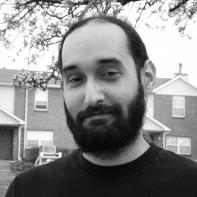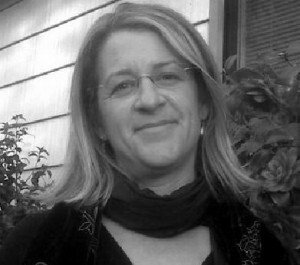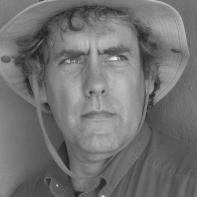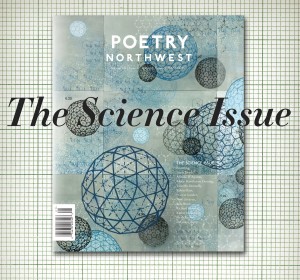Today we’re proud to feature John A. Nieves as our second Authors Talk series contributor, discussing his poem “Honing the Edge (Acquisitio).”
According to John in the opening of his discussion, this is “a poem that deals with the fundamental question of what do we ask when we don’t expect the traditional sort of answer, maybe any answer at all?”
The poem’s stanzas are planned to resemble the geomantic figure Acquisito (gain), but an endless number of interpretations and circularities within its lines balance out this structural rigidity. The resulting open-endedness seems a major factor in John’s stated theme of exploration. It might make us, the readers, wonder what we’re ‘supposed’ to gain from the poem. That’s a difficult question to answer, when the answer is up to us. As John hints at the beginning of his discussion, it may not be a question with a traditional answer, or any at all.
You can listen to the podcast on our iTunes Channel.
You can follow along with “Honing the Edge (Acquisitio)” in Superstition Review.
More About the Author:
John A. Nieves has poems forthcoming or recently published in journals such as: Southern Review, Poetry Northwest, and Minnesota Review. He won the 2011 Indiana Review Poetry Contest and his first book, Curio (2014), won the Elixir Press Annual Poetry Award Judge’s Prize. He is an Assistant Professor of English at Salisbury University. He received his M.A. from University of South Florida and his Ph.D. from the University of Missouri.
About the Authors Talk series:
For several years, we have featured audio or video of Superstition Review contributors reading their work. We’re now establishing a new series of podcasts called Authors Talk. The podcasts in this series take a broader scope and feature SR contributors discussing their own thoughts on writing, the creative process, and anything else they may want to share with listeners.




